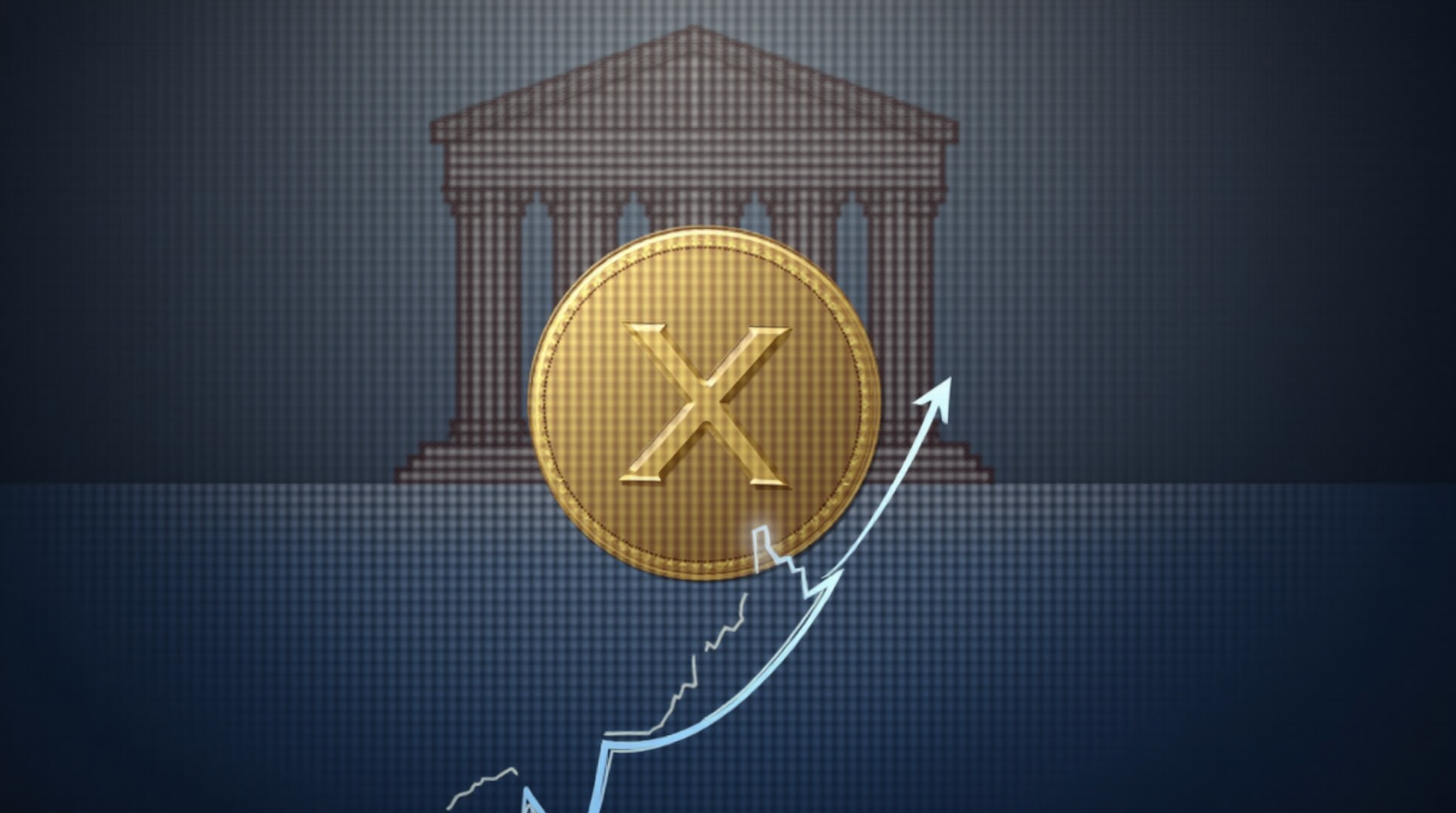The legal dispute between Ripple and the SEC changed how regulators and the market viewed XRP. From the initial complaint in 2020 until appeals stopped in 2025, the litigation created a precedent that reshaped how token sales are classified and prompted the sector to rethink compliance and listing practices.

Background
In December 2020 the SEC alleged that Ripple offered unregistered securities when it sold XRP. That complaint questioned whether XRP distributions amounted to investment contracts under securities law and set the stage for a prolonged legal examination that attracted attention across the crypto industry.
Key Ruling and Settlement
The July 2023 ruling drew a distinction between programmatic exchange sales and direct institutional sales, and both parties ended appeals in 2025 with an agreed penalty that concluded the public dispute. Major outlets reported the cessation of appeals and the settlement, with details covered by Reuters, and the resolution effectively closed the high-profile court battle.
Legal and Regulatory Impact
The case clarified that not all token distributions are treated the same for securities purposes and applied the Howey Test with important nuance. By separating types of sales, the decision provided regulators and courts with a more detailed framework for evaluating token offerings and is likely to influence future enforcement priorities and policymaking.
Market and Exchange Responses
The ruling prompted exchanges and platforms to reassess how they listed and handled XRP, producing temporary delistings and later reconsiderations. Market reactions included rapid inflows and outflows, arbitrage opportunities, and a fluctuating price as platforms, investors and institutional actors adjusted to the clearer yet still incomplete legal picture.
Operational Consequences for Ripple
With the dispute closed, Ripple refocused on cross-border payments and growth outside the United States. The settlement reduced some legal uncertainty and allowed the company to accelerate operational goals, pursue adoption in jurisdictions with clearer rules, and engage institutional partners under defined compliance frameworks.
Broader Implications for Crypto Policy
The Ripple v. SEC outcome supplies practical legal and policy tools that will likely shape how tokens are regulated and how firms approach compliance going forward. Although the decision did not eliminate all uncertainty, it offers a precedent that can guide exchanges, issuers and regulators in balancing innovation with investor protection and informs future policy design and enforcement strategies.
The resolution narrowed legal ambiguity around certain XRP sales and improved institutional confidence while leaving some residual uncertainty. Overall, Ripple versus the SEC established practical legal limits, accelerated exchange adjustments, and supported a clearer framework for treating token sales that may help XRP’s role in global payments and influence broader crypto regulatory approaches.


